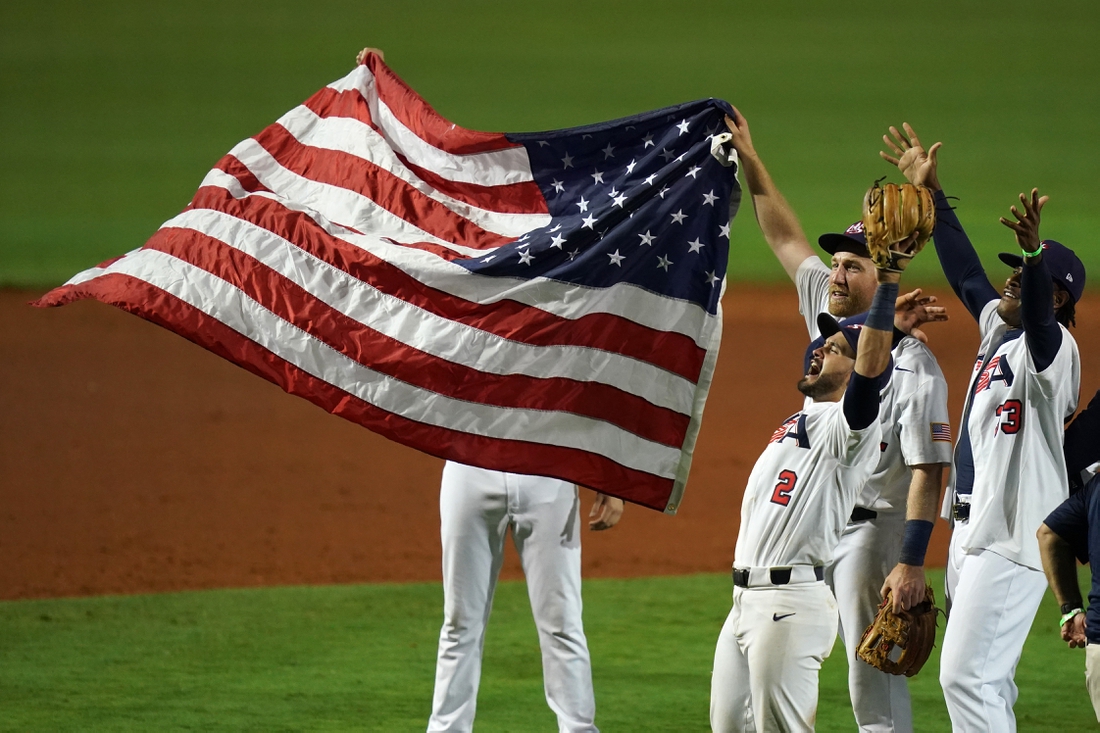A surge in COVID-19 cases prompted a state of emergency declaration in Japan, and no spectators will be allowed at the Olympic Games in Tokyo.
Japan declared a new state of emergency that expires Aug. 22. A two-month high in COVID-19 infections prompted the latest action from Prime Minister Yoshihide Suga.
The Games are scheduled to end Aug. 8 and already have been delayed one year by the pandemic.
The latest development presents new challenges for Tokyo organizers, including massive revenue loss.
International spectators were informed no access would be granted to the Tokyo Games earlier this year. But last month, organizers approved most arenas and stadiums for up to 50 percent capacity — 10,000 fans for some events — with tickets going to residents in the region. According to Olympics officials, more than 3.3 million tickets were sold.
There are limited exceptions to the spectator ban, including multiple events held outside of the city of Tokyo. The city of Sapporo, which hosted the 1972 Winter Olympics, is staging the Olympic marathon and is home to the 41,000-seat Sapporo Dome.
The International Olympic Committee report from the 2016 Games in Rio listed ticket sales revenue at $1.2 billion.
Japan is behind some countries with COVID-19 vaccination rollout. Per Reuters, only one fourth of the country’s population has received a single dose of the vaccination.
“We need to issue a message which is strong and easy to understand from the point of view of preventing further spread of infection,” said Seiko Hashimoto, the head of the Tokyo organizing committee.
Already members of international delegations have encountered issues. A member of Uganda’s traveling party tested negative upon arrival in Tokyo, but was positive for COVID-19 a few days later after traveling to another city that will host Ugandan athletes this month.
NBC and its family of networks plan to televise or stream 7,000 hours of Olympics coverage.
With the increased restrictions, restaurants are required to close early and no alcohol sales are permitted, but officials said Thursday public transportation will remain open.
–Field Level Media

